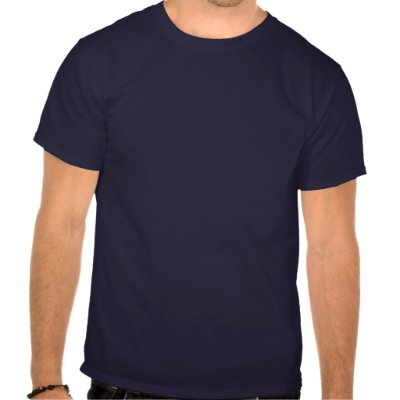The other thing I currently like to do is watch Deadwood, in part because it reminds me of the debates that we used to have when I was in graduate school at the University of Calgary. My thesis advisor was Dr. Elizabeth Jameson, who has written a lot on the pioneer experience in Minnesota and the Dakotas, as well as silver miners in Colorado, basically writing in and around the time that Deadwood occurs.
For me, one of the most informative debates that we had in class centred around the concept of 'How wild was the wild west?' During the period of time when I was a student, a group of historians had been suggesting that based on historical documents, the Wild West was not necessarily all that wild. This was certainly supported by the documents used by the historians. However, part of the allure of the West was that it appealed to men and women as being a place beyond the law and documentation. Looking at histories of the West we can see many groups at work, some with common purposes, some not. Two of the largest of these would have been the settlers, people who wanted to put down roots in a particular place, and nomads, people who were happy to move from place to place. The legends of the 'Wild West' dealt with this nomadic group, but the documents and written histories were written by the settlers.
In Deadwood we see these tensions played out. One can imagine that the eventual history of Deadwood would be written by those of remained to see that history made. The members of the nomadic group would have kept going, appearing only as footnotes or in brief episodes. Furthermore a history of this wild, nomadic, group would have been difficult by several factors:
1. It's membership was fluid, people might have been nomads only until they found the proper place to settle down.
2. Nomadic individuals had fewer solid relationships, making it harder to record their story. For example, the real Charlie Utter, friend of Wild Bill Hickock, eventually disappears from History once he leaves Deadwood.
3. Travel in the West still remained somewhat perilous, and nomadic individuals were also more likely to engage in high risk behaviours and more likely to meet an untimely end than a successful farmer or businessman.
So in short, a historical record might moderate the oral traditions of the "Wild West", but might just as likely prove be biased towards overstating how quiet and sedate the West actually was, since it was written by those predisposed towards those values.
